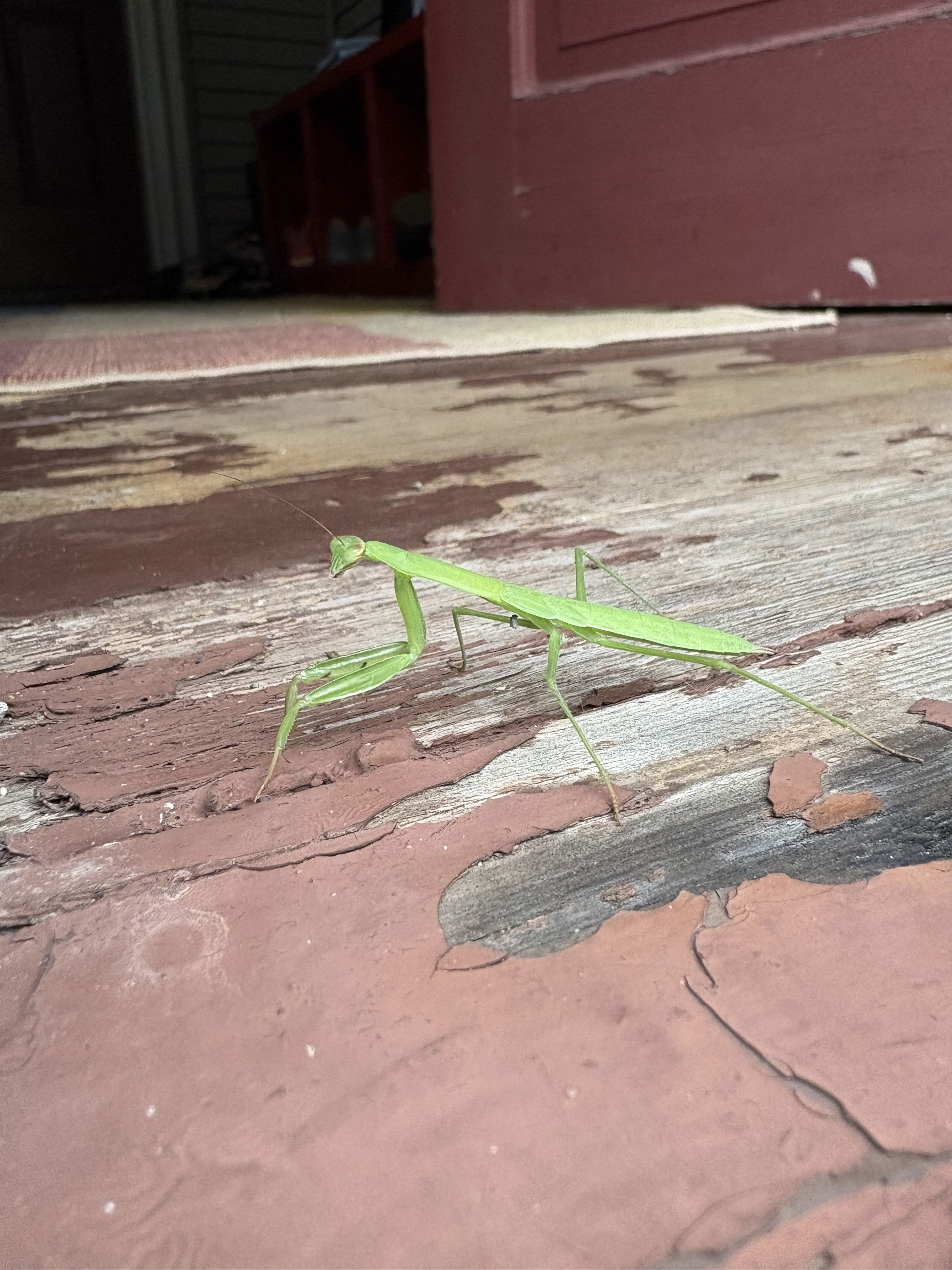Yeah, of course I’ll watch the last season of Stranger Things, but I still think they should have done a time-jump (like “10 years later” or some such) between the third and fourth seasons. I mostly enjoyed season four, but it was really difficult to ignore the fact that all of the cast were clearly at least a decade older than the kids they were playing.
I suppose the problem with doing a time jump like that is that it would have forced them out of the 1980s setting that has been such a huge part of the show’s look and feel, as well as of its appeal. I can understand why they might be reluctant to move on from that.
